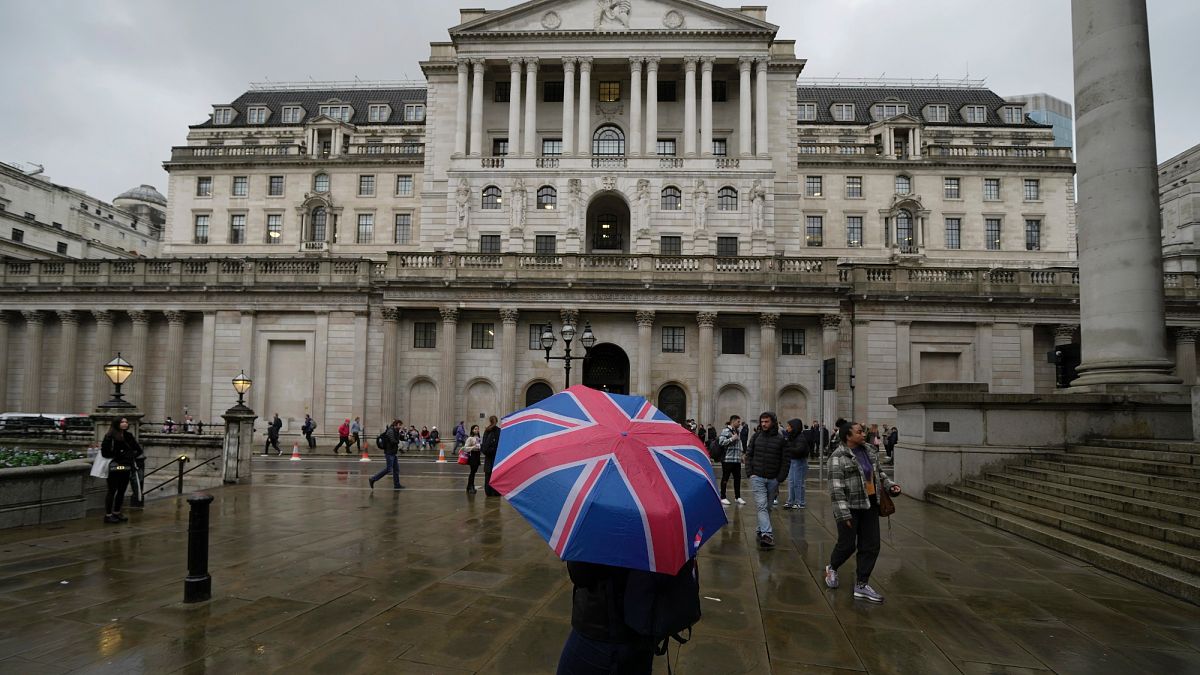

In the ever-evolving landscape of European economies, a wave of developments has swept across various sectors, painting a picture of both challenges and resilience. As countries navigate these economic waters, several key narratives have emerged, highlighting the interconnected nature of global markets and the steps being taken to foster growth.
The UK economy, for instance, recently witnessed a contraction in May, defying expectations of a modest 0.1% growth. The interplay of tariffs and tax increases has played a significant role in this slowdown, underscoring the delicate balance that must be struck in economic policy-making. Despite government efforts to stimulate growth, the complex web of international trade relations and domestic fiscal policies continues to pose challenges. Yet, it serves as an opportunity for reflection and strategic planning.
Meanwhile, across the Eurozone, the dynamics of employment creation have sparked discussions. Spain has been spotlighted by its Prime Minister, Pedro Sánchez, with claims that the nation is responsible for creating half of all new jobs in the eurozone. This statement invites further scrutiny and a nuanced understanding of employment trends across Europe. While the exact figures necessitate verification, the emphasis on job creation reflects a positive trajectory towards economic recovery and stability in the region.
Moreover, the implications of U.S. tariffs on European economies present a multifaceted challenge. With one-fifth of the EU’s exports headed to the U.S., the impact of these tariffs is far-reaching. The German economy, known for its robust car manufacturing sector, stands to be affected considerably. However, the potential tariffs on the pharmaceutical industry could also bring about substantial effects on the Irish economy. It is within these complexities that European countries seek pathways to mitigate impact and sustain growth.
In parallel, the aviation sector is witnessing significant developments with Heathrow Airport’s proposal to raise landing fees by 17%. This increase aims to support a £10 billion investment plan to expand passenger capacity and enhance facilities, including new lounges, shops, and restaurants. While airlines express concerns that these higher fees may lead to increased airfares for travelers, the broader vision of enhancing passenger experience and airport capacity reflects a forward-looking initiative poised to accommodate growing demand in air travel.
As these narratives unfold, they highlight a European economic landscape characterized by both challenges and opportunities. It is a moment that calls for collaboration, innovation, and mindful policy-making to navigate the complexities of international trade, domestic market dynamics, and infrastructural development. Through strategic planning and cooperative efforts, the path towards sustainable growth and stability remains within reach.
At the heart of these developments is a shared recognition of the need to adapt and evolve. Whether through diversifying trade partnerships, investing in infrastructure, or fostering job creation, European countries are demonstrating resilience and foresight. As they move forward, the emphasis on balance and mindful economic strategies will undoubtedly play a pivotal role in shaping a prosperous future for Europe.
Source: {link}
